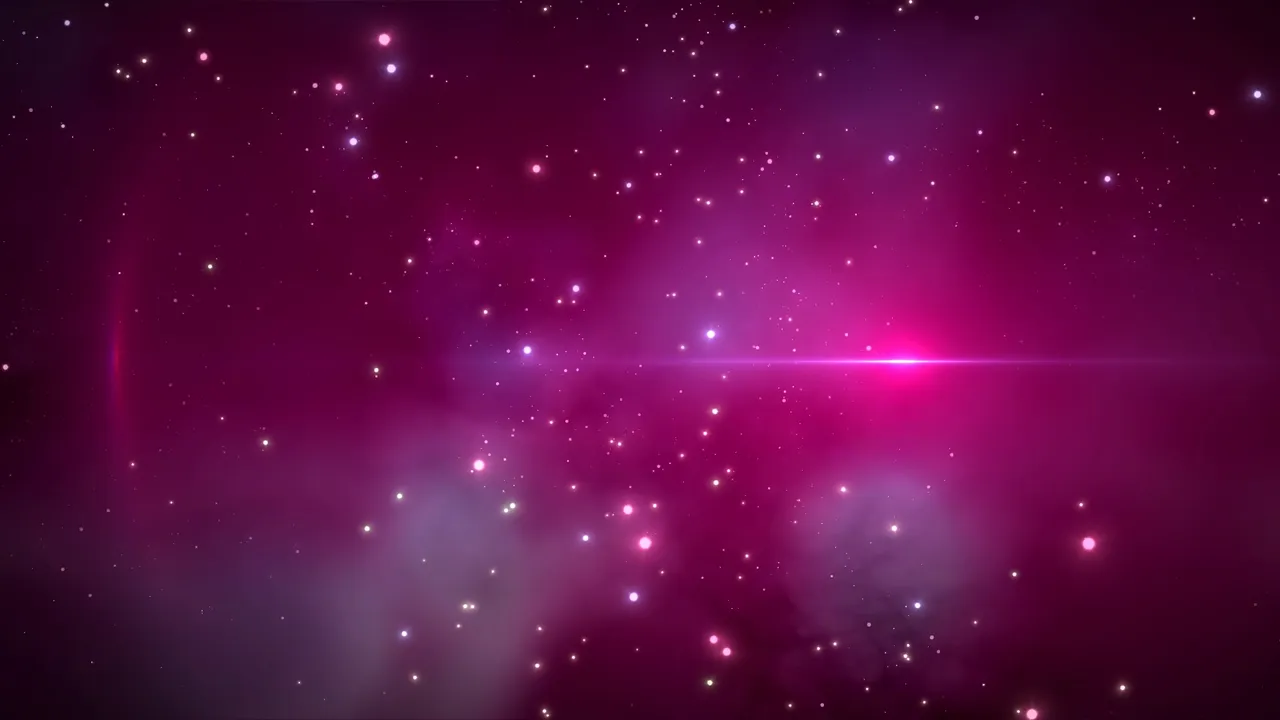
All pictures are screenshots of my own gameplay.
What makes a game great? Well, first of all, let's analyze the genres of game that I like. I mostly have survival, simulation, space, and role-playing games. So what do these all have in common? I'll tell you: an expansive map, futurism, customization, and they all have crafting! Crafting is probably one of the most important aspects because it ties into many other things, such as base building, to name one.
So what would my ideal videogame be like?
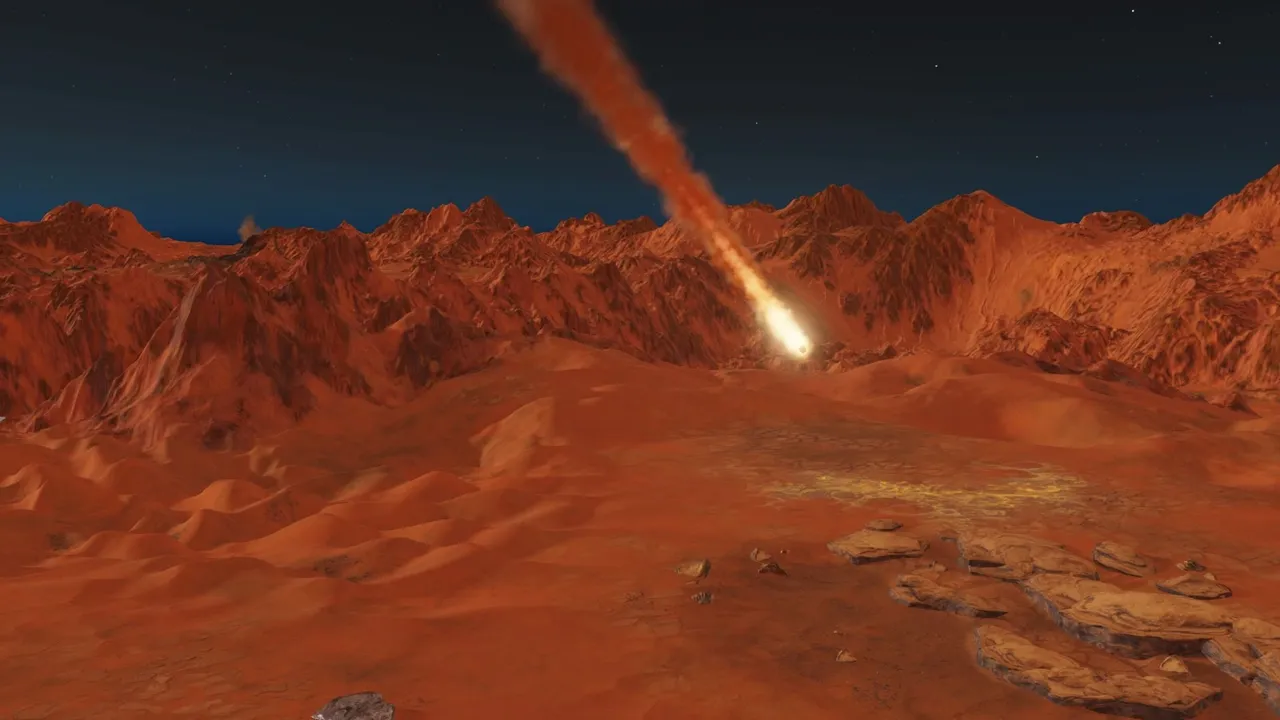
All games need a good story. What's a good story? Have it start off mysteriously and include at least one twist much later on.
Our story begins in the upper atmosphere of one of the moons of Belen.
All you know is that you are in an escape pod that has been jettisoned and will reach the lunar surface in minutes. Upon crash landing and disembarking, you discover something shocking. You look at your hands, your body...you are a synthetic lifeform! Why can't you remember your past? All that's in your rusty innards are technical readouts and blueprints. However, the more you examine your surroundings the more you discover about your avatar. The optical receptors in your 'eyes' are capable of analyzing the makeup and properties of just about anything.
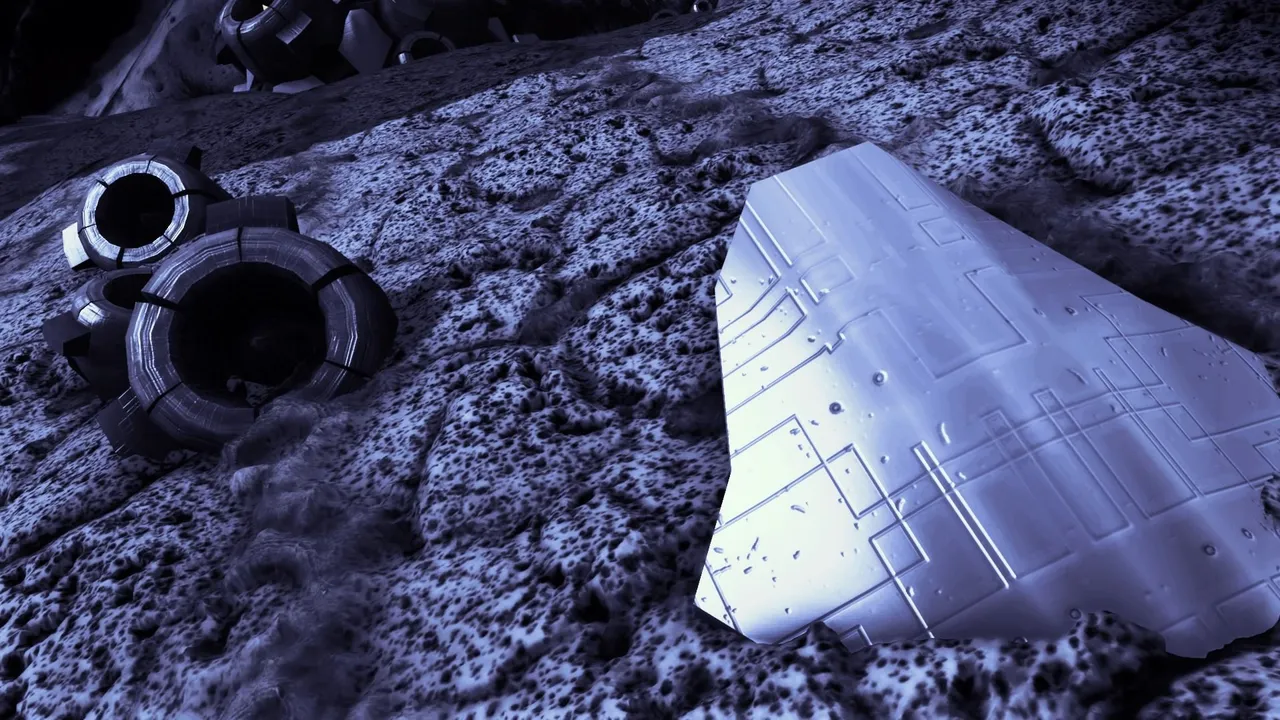
Night falls. After scanning every object of interest in the immediate vicinity, you find no life readings but lots of ship parts and scrap. Perhaps you could use your technical knowledge to fashion the remains of your pod into an interstellar ship. You would have to scavenge what you can to build some thrusters, a radar array, and a heat shield...
There you have the game's first objectives. A few games start like this, waking up with no memory. Ark: Survival Evolved and No Man's Sky are two titles that come to mind. I chose the player character to be a droid because that way 'upgrading yourself' becomes possible and makes more sense. You can find new parts or replacements for your avatar's components throughout your journey and switch them out at will.
There should be hidden bonus objectives that you can complete as well. For instance, instead of turning your pod into a ship straightaway, you could find the right parts to customize your pod into a sort of exploratory rover and explore the moon before you leave. You could do this but then you would quickly discover this celestial body has little to offer, which is why you need to leave.
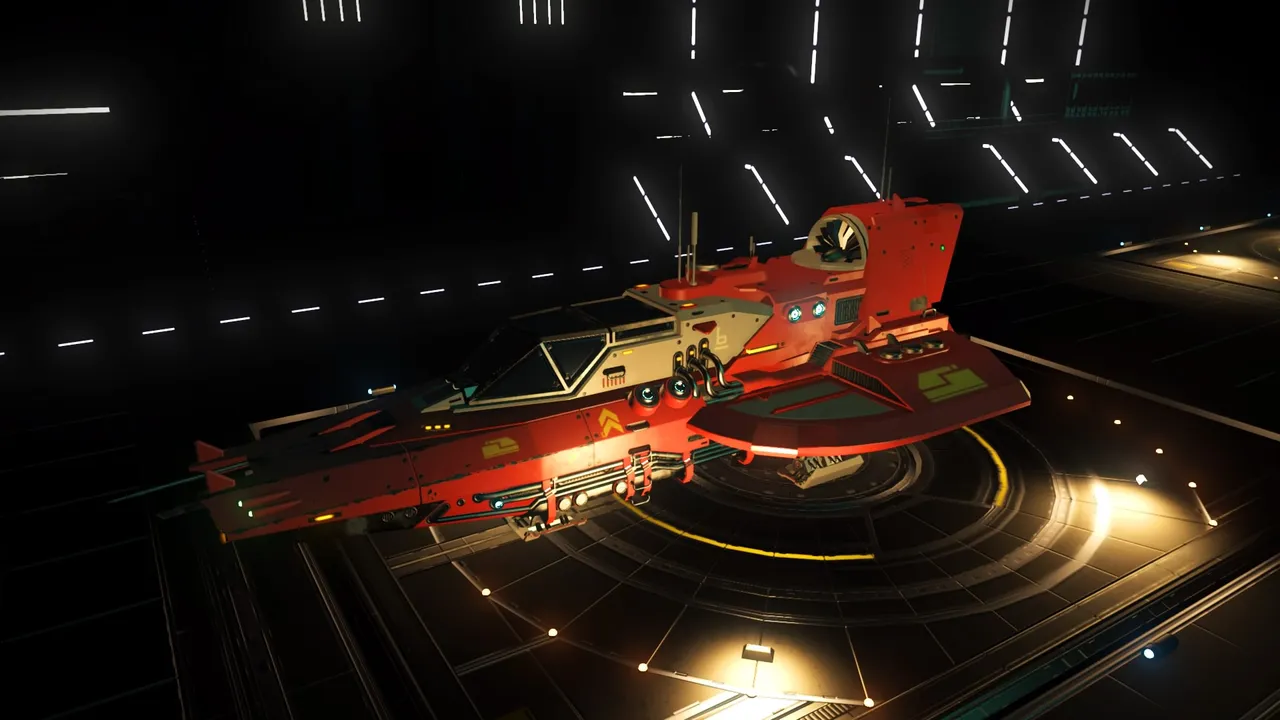
First, your new ship will only have interplanetary abilities. You will have the ability to explore the other planets in the system you ended up in, but in order to make the jump to another system, you will need a proper ship.
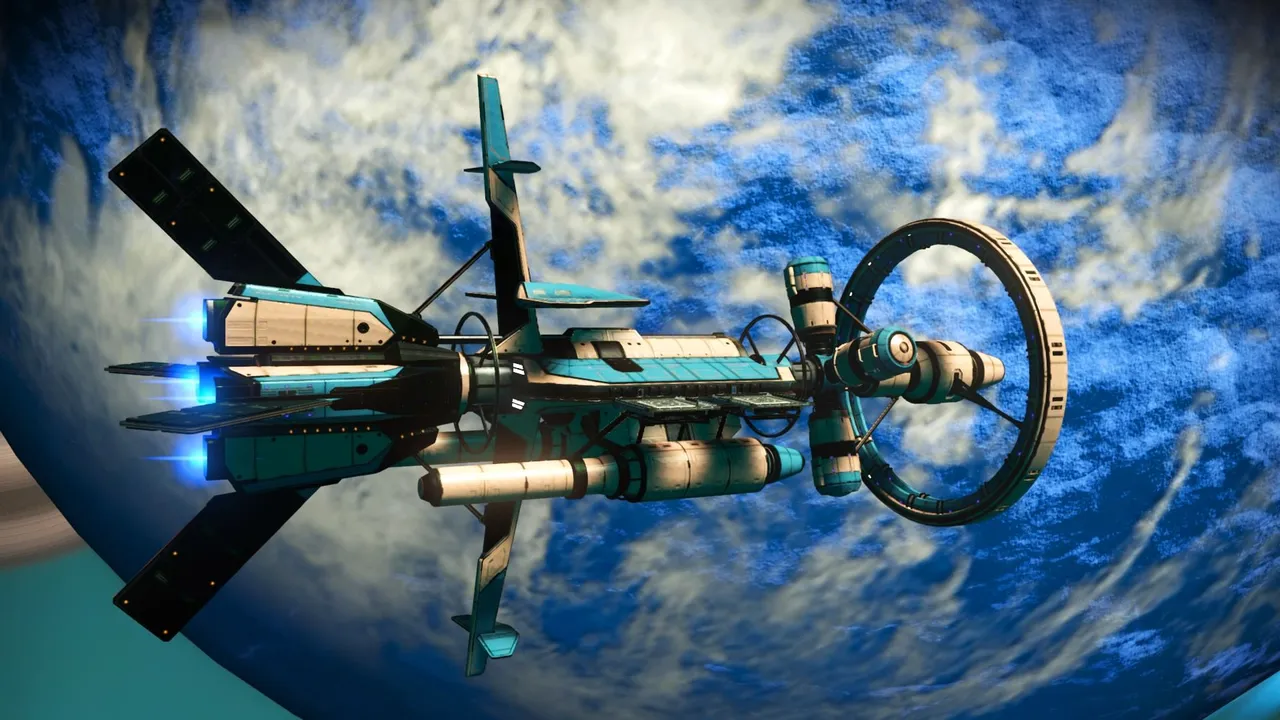
The next chapter in your story involves getting your interstellar vessel. This is where another important part of gaming comes to play: freedom. At this point you will have many options on how to procure your ship. You can salvage parts from the planetary surface, space junk, build them from scratch, or buy them at markets or small settlements. You will be free to stick to either one method or go about in a mix of several/all. Buying them will initially appear to be the fastest method but for that you need money. In-game money can be earned through completing mini quests or sidejobs or by simply selling the junk or resources you find.

Eventually, your single interstellar ship will become a fleet. By now, you will have greater ambitions.
You have seen all kinds of flora...
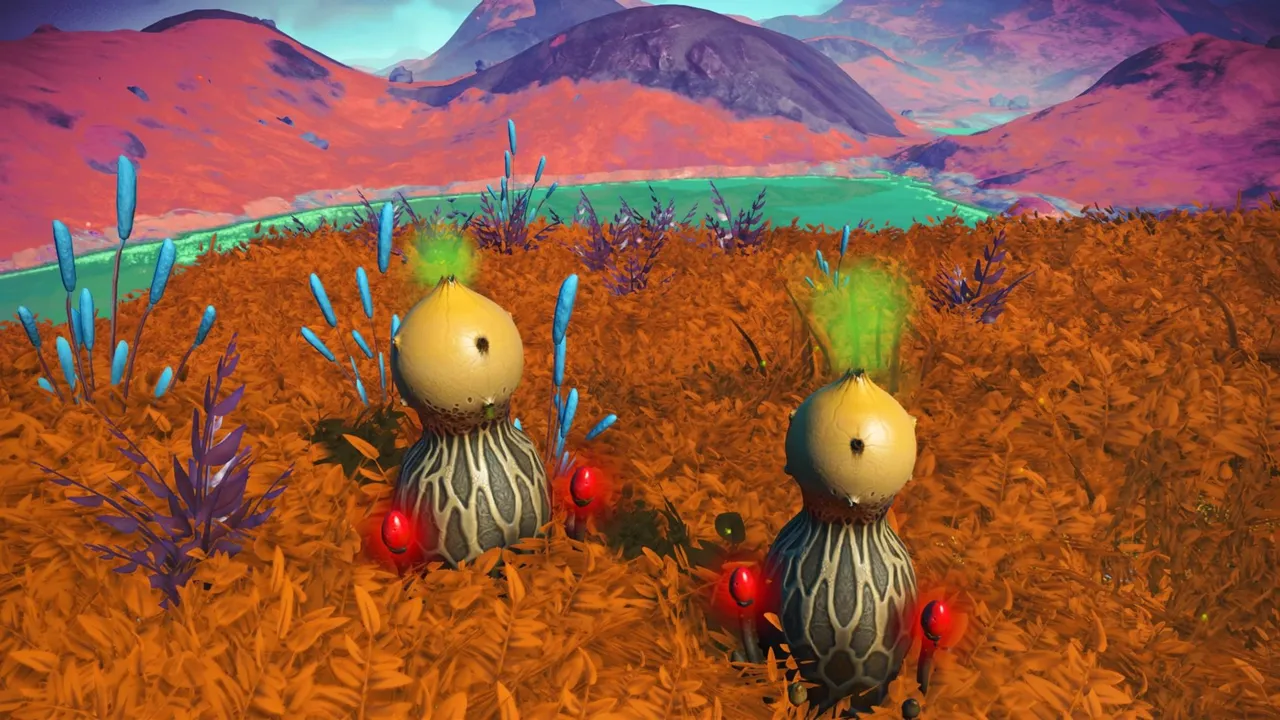
and fauna...
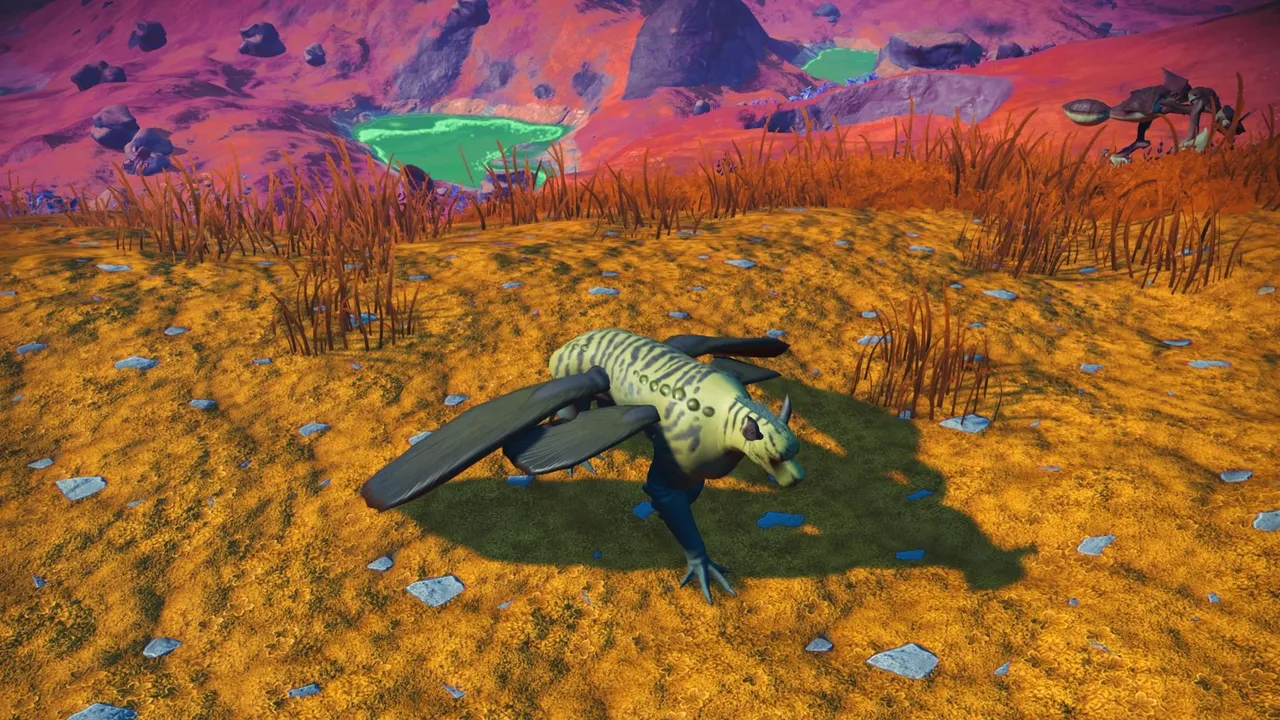
No longer do you seek your maker. Now you seek to be the maker.
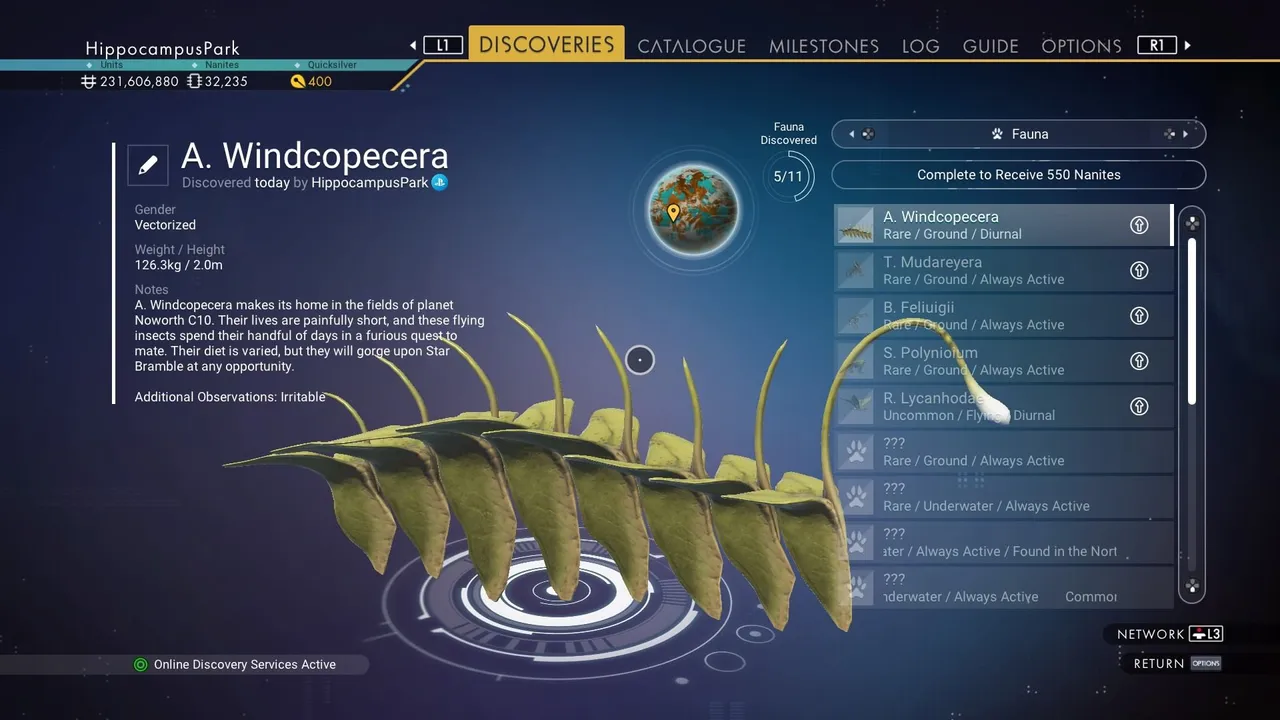
At this point in the story, the droid has accumulated a virtual database of biological information, complete with DNA samples.
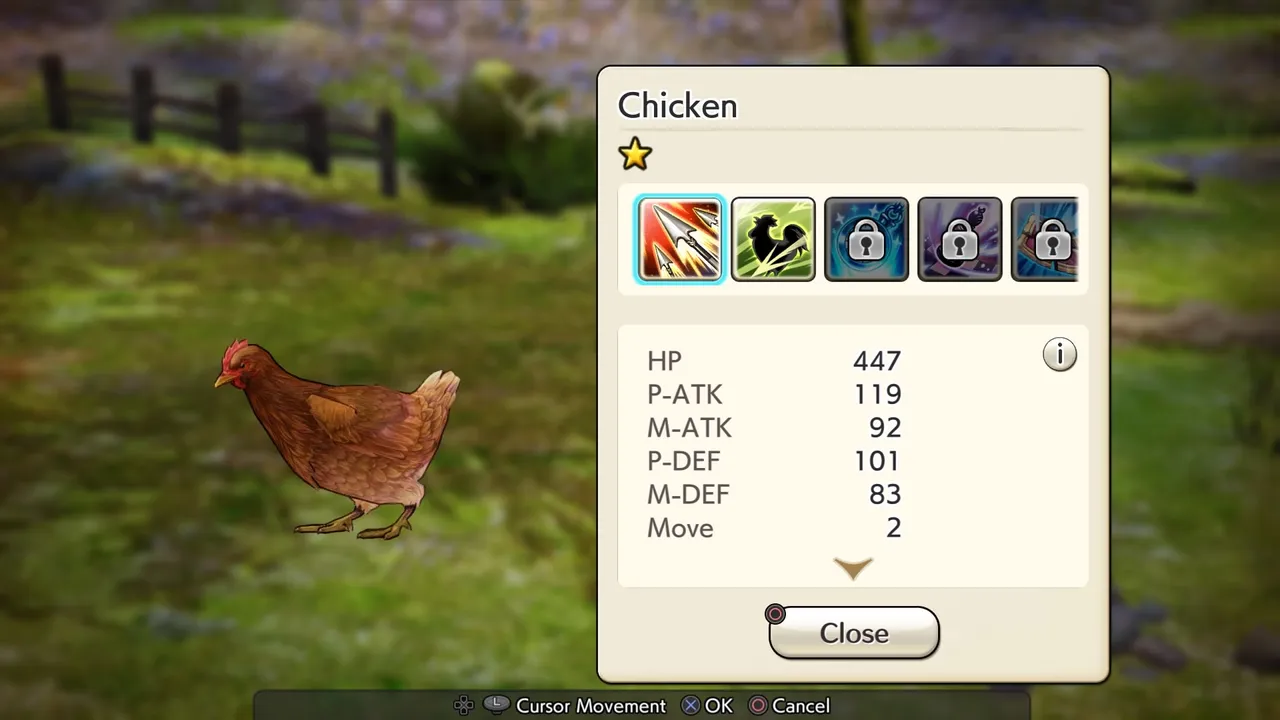
You did manage to splice your first guinea pig aboard your science vessel, however, that vessel does not have enough life support to sustain any further creations. Your creatures need a home!
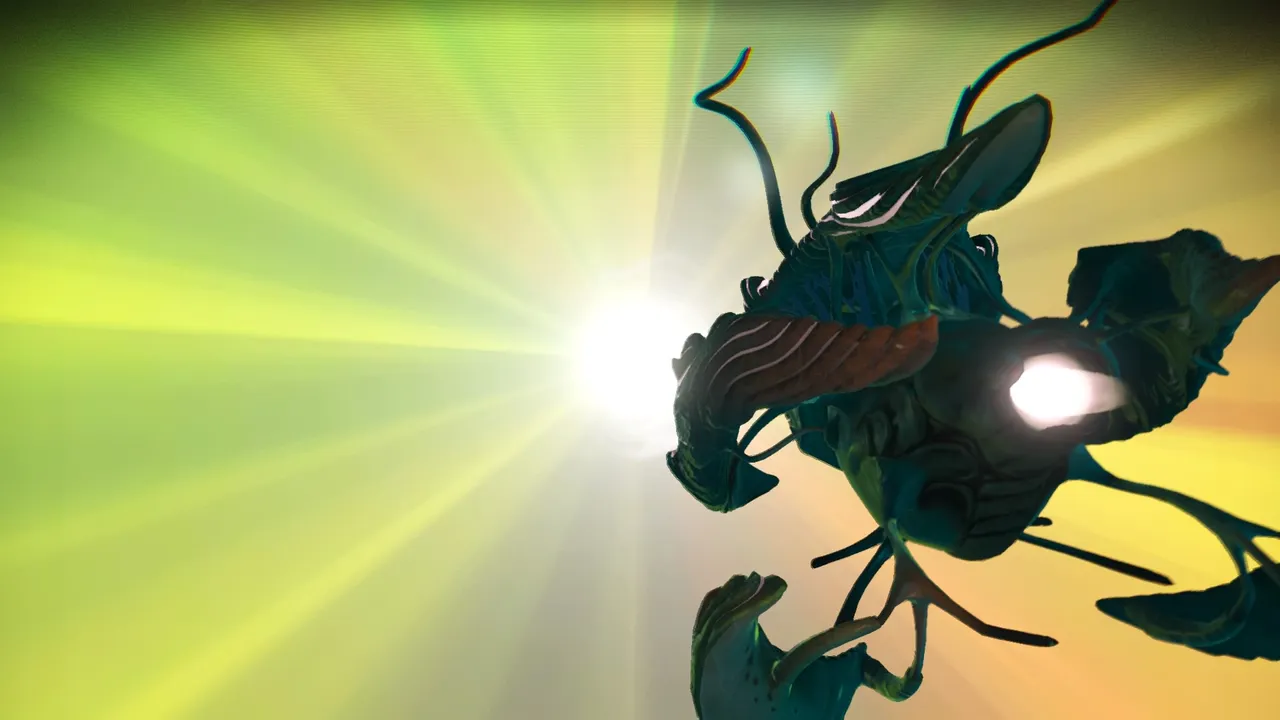
One of your reconnaissance ships found a suitable planet on an uninhabited planet in an unknown system.
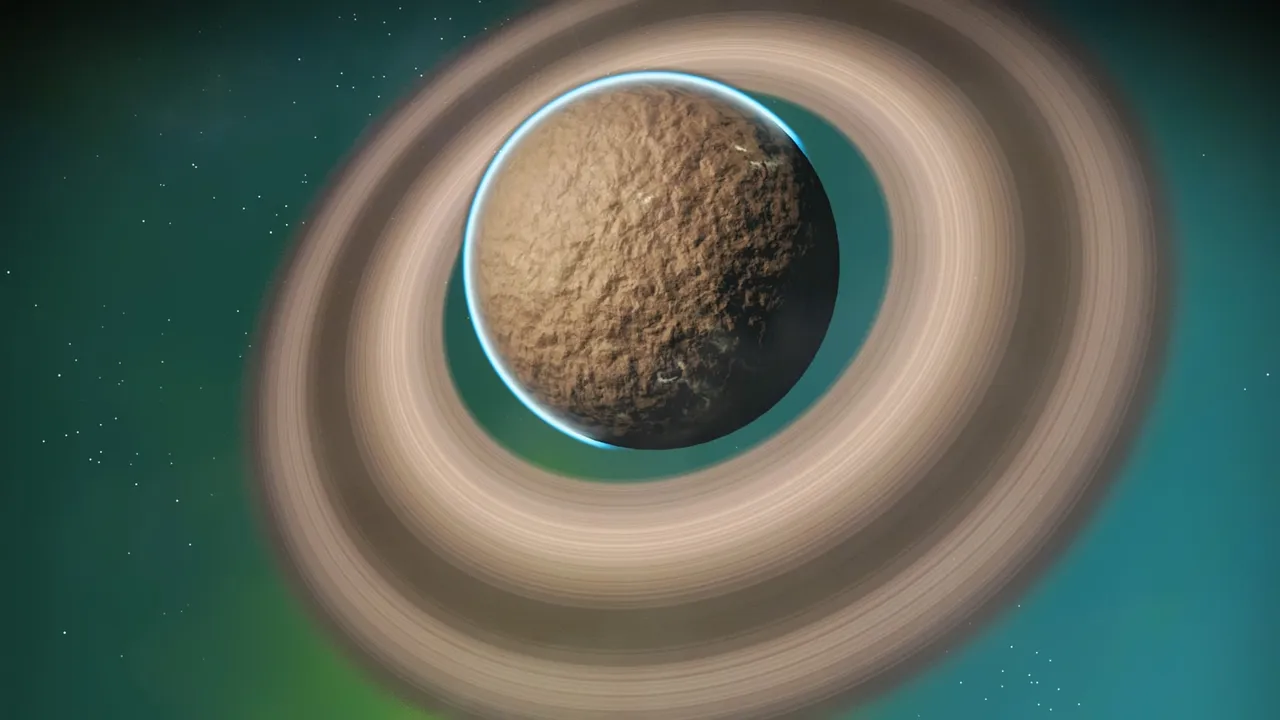
Upon coming out of hyperspace and scanning the planet with your instruments, you find the planet to be... BARREN!
No matter which decisions you make in the game this will always happen and it will prompt the next chapter of the game: Terraforming! The droid decides to claim the planet and work on it as a fixer-upper. It will not be easy but you have once distinct advantage: the planet's rings. They will serve as a source of valuable resources such as water in the form of ice, carbon, nitrogen, oxygen, and phosphorus (the building blocks of life!). This is where your fleet will especially come in handy in terms of storage and transport.
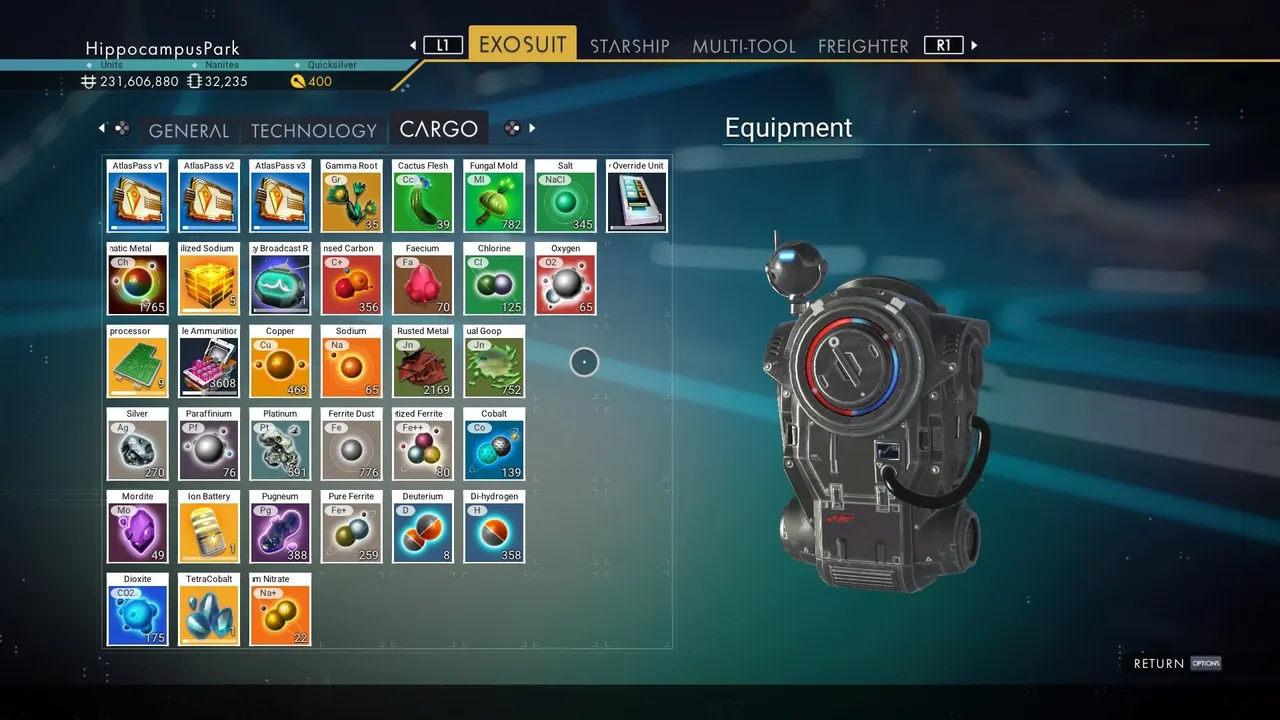
One of the first steps will be building the atmosphere.
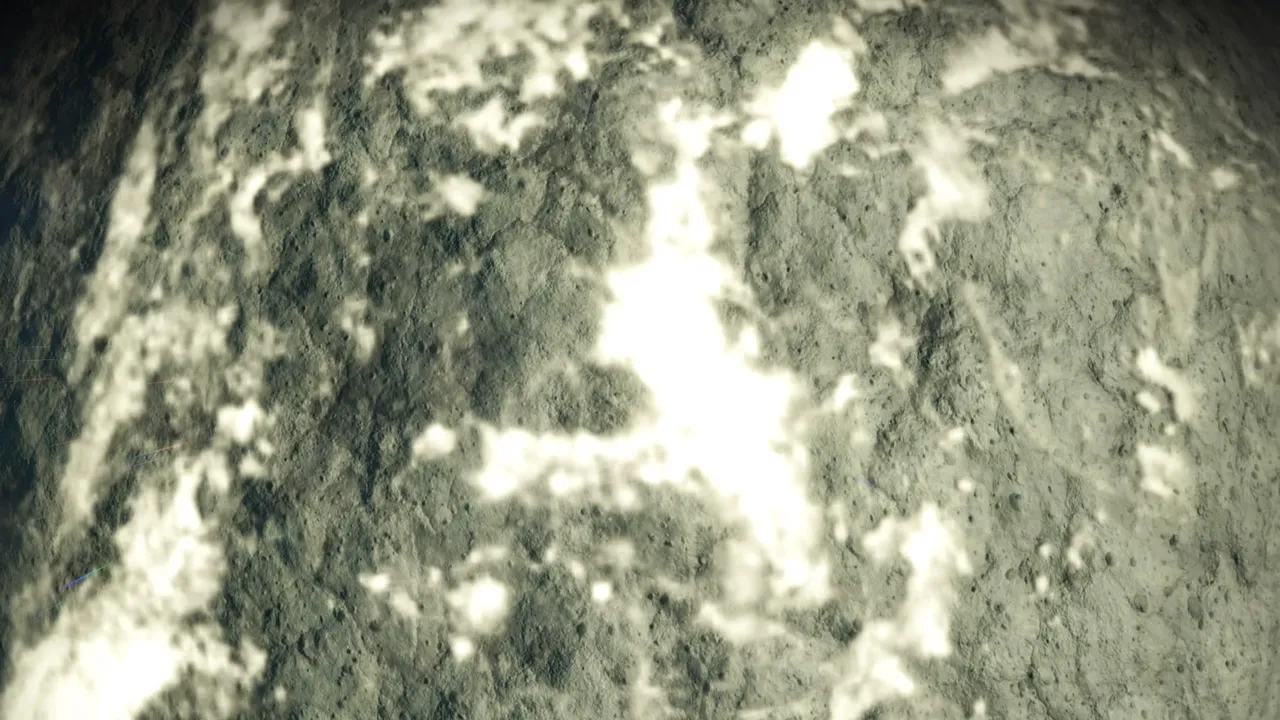
This will involve injecting essential gasses into the thin, existing atmosphere. You will also need to engineer some founder species to help with your efforts. Perhaps a sand worm that turns the glassy alien soil into something more fertile? Or a bioremediating plant that soaks up toxic elements in the soil and also releases oxygen and water vapor into the atmosphere?
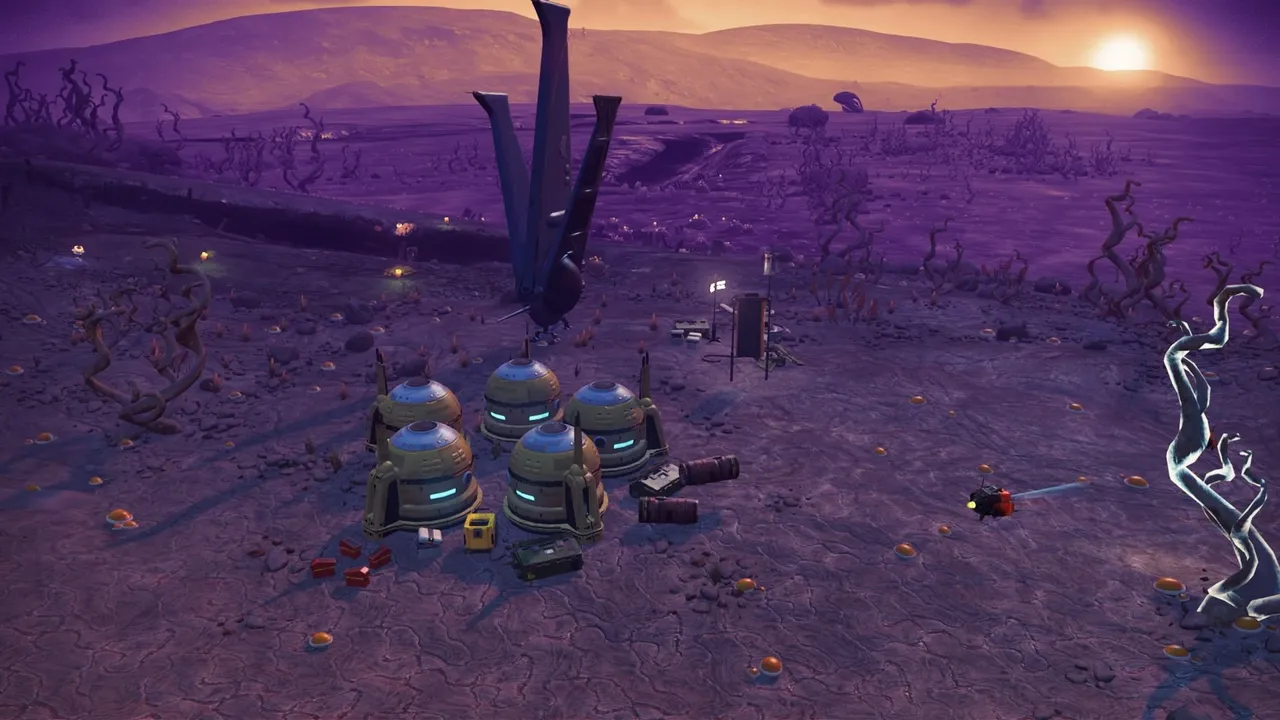
Once the environment isn't so harsh, you will be able to land and start building your permanent base of operations.

At this point in the game, you've come to realize your hands are full and you could really use an assistant (or twelve!) because companions in games always (or at least should) make your life easier. You've made drones and other robots before but for some reason they cannot think for themselves the way you do. You need some intelligent, sentient life.
And so begins another genetics program, one more difficult than all of the previous ones!
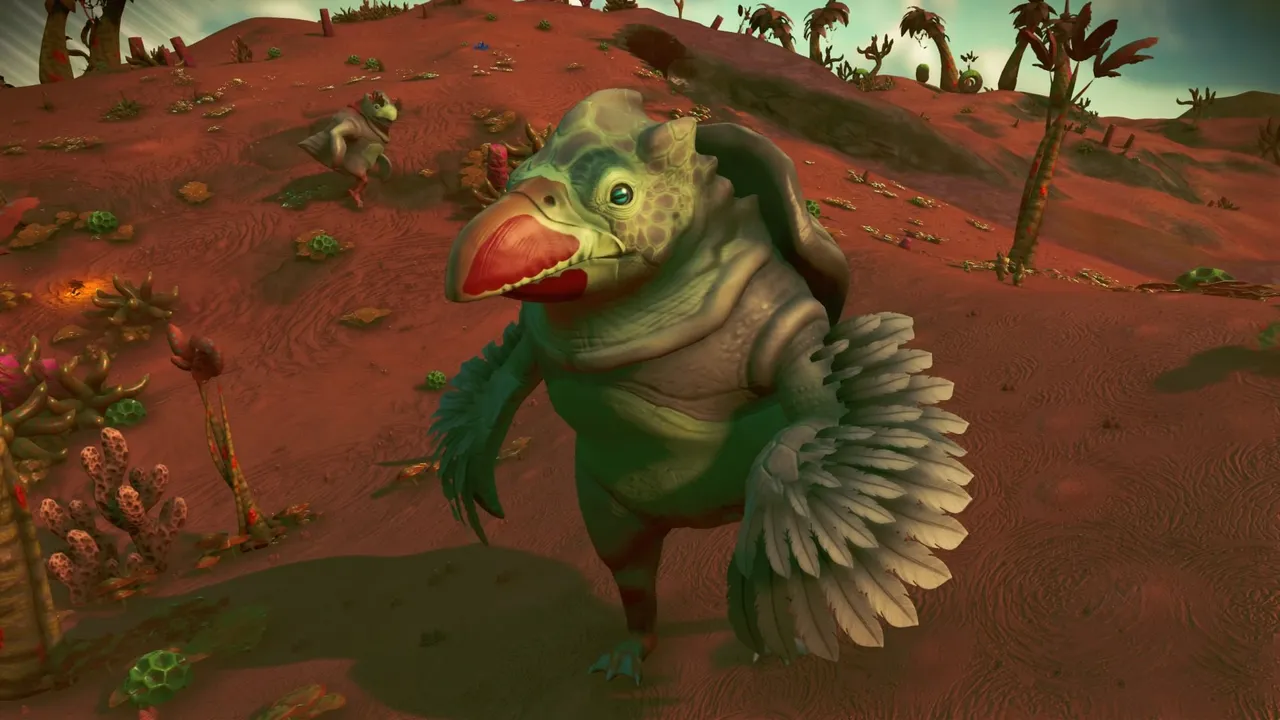
This large, flightless bird you encountered on Naron seems to be a promising template; it demostrated high social intelligence and pre-math skills.
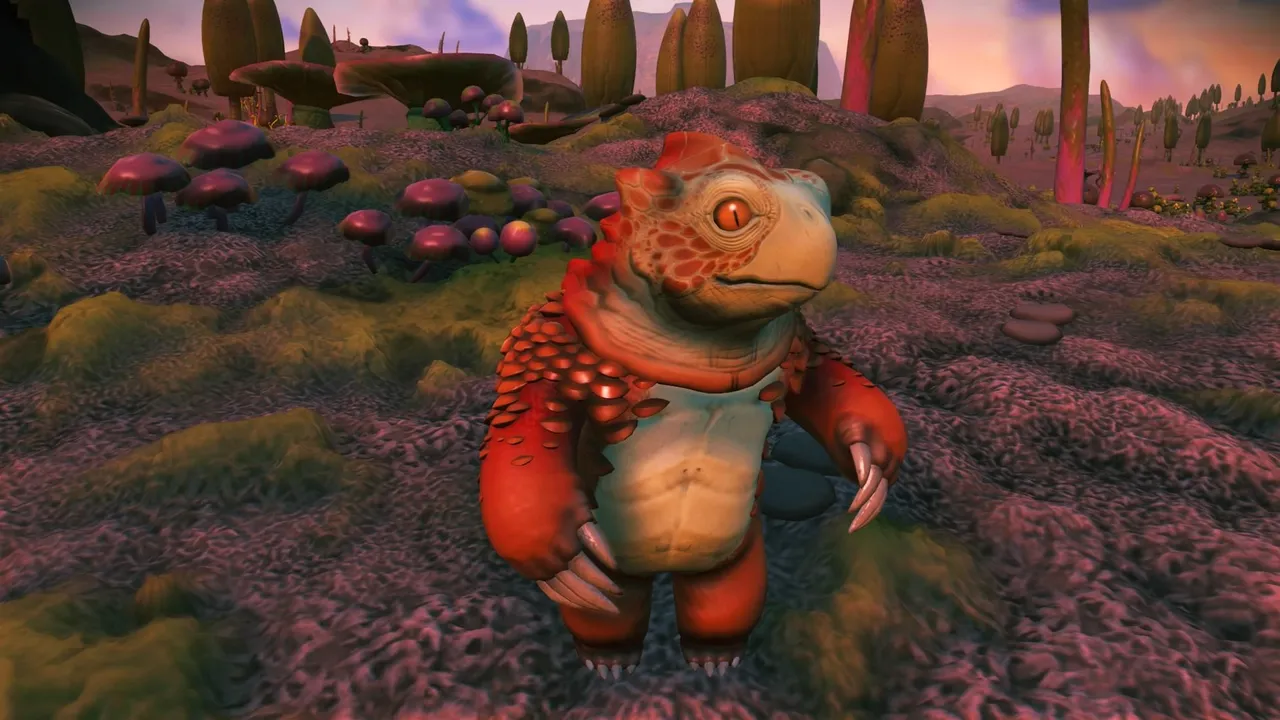
Roughly halfway through the program the organism shows much improvement.
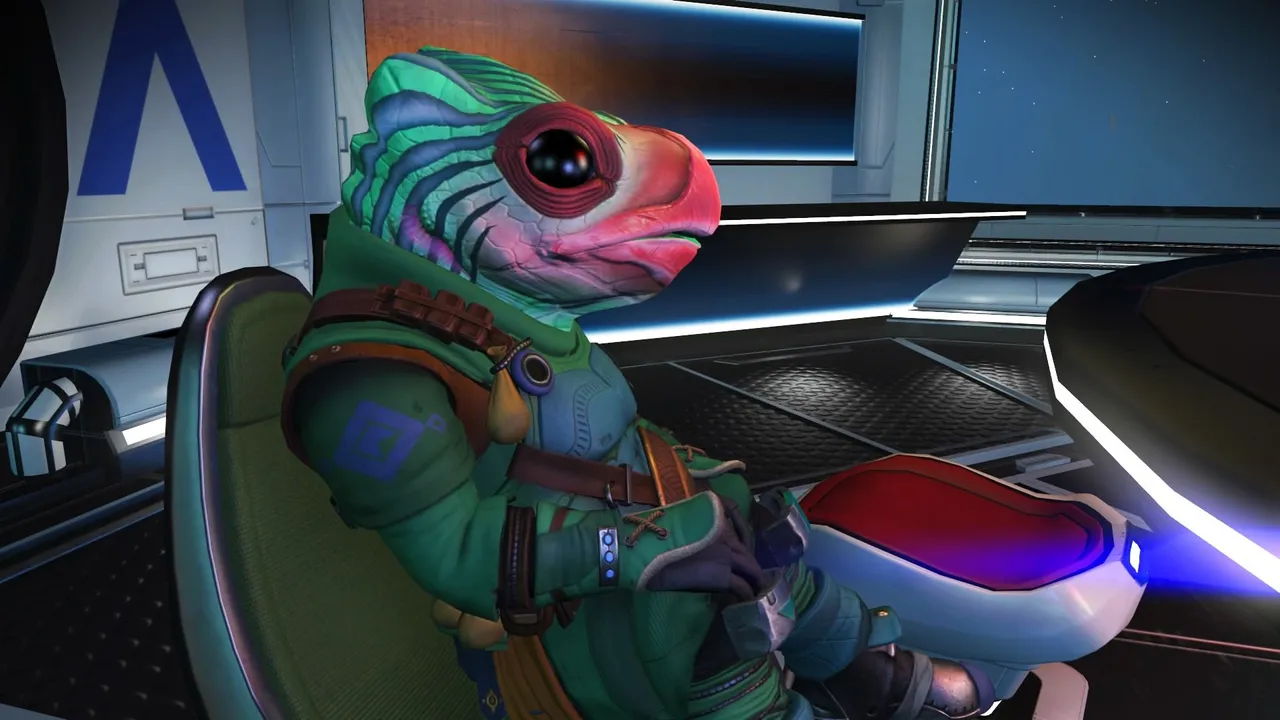
Finally, you have created a friend and given him clothes!
Now that you have to capacity to create a workforce (either through cloning or breeding) you can work on large construction projects, such as building installations that produce valuable energy...
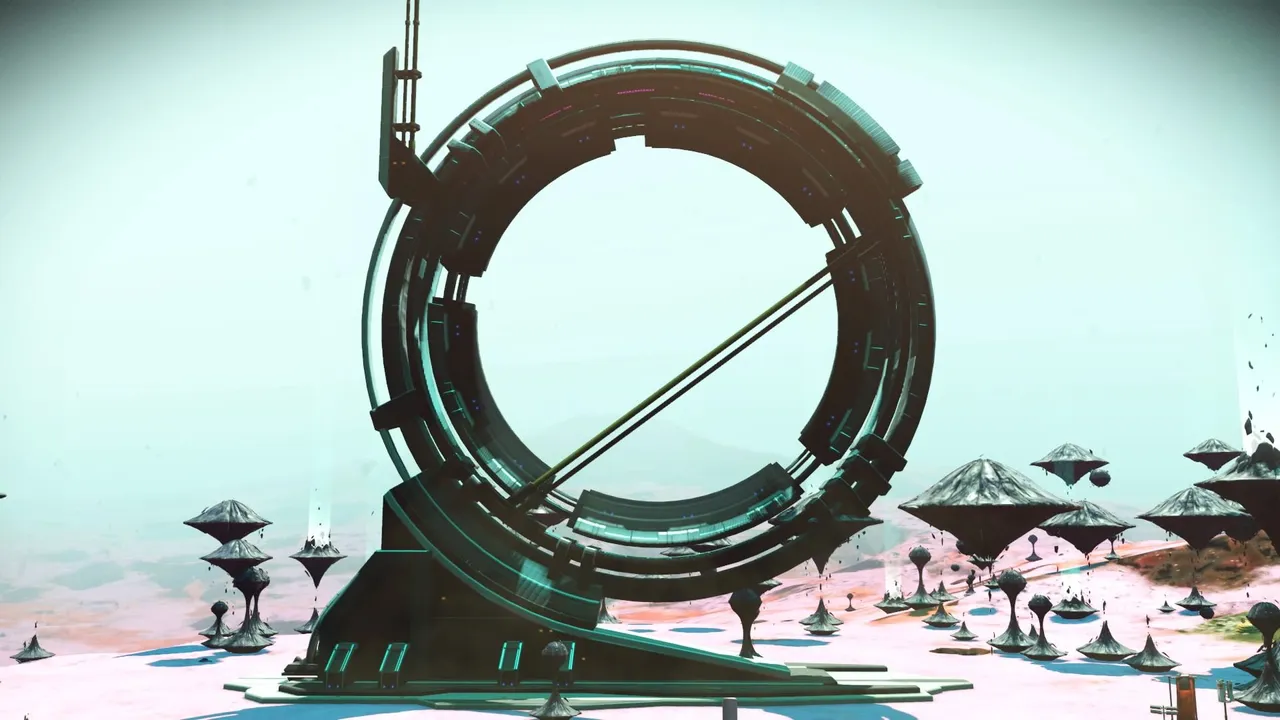
...such as a wind turbine.
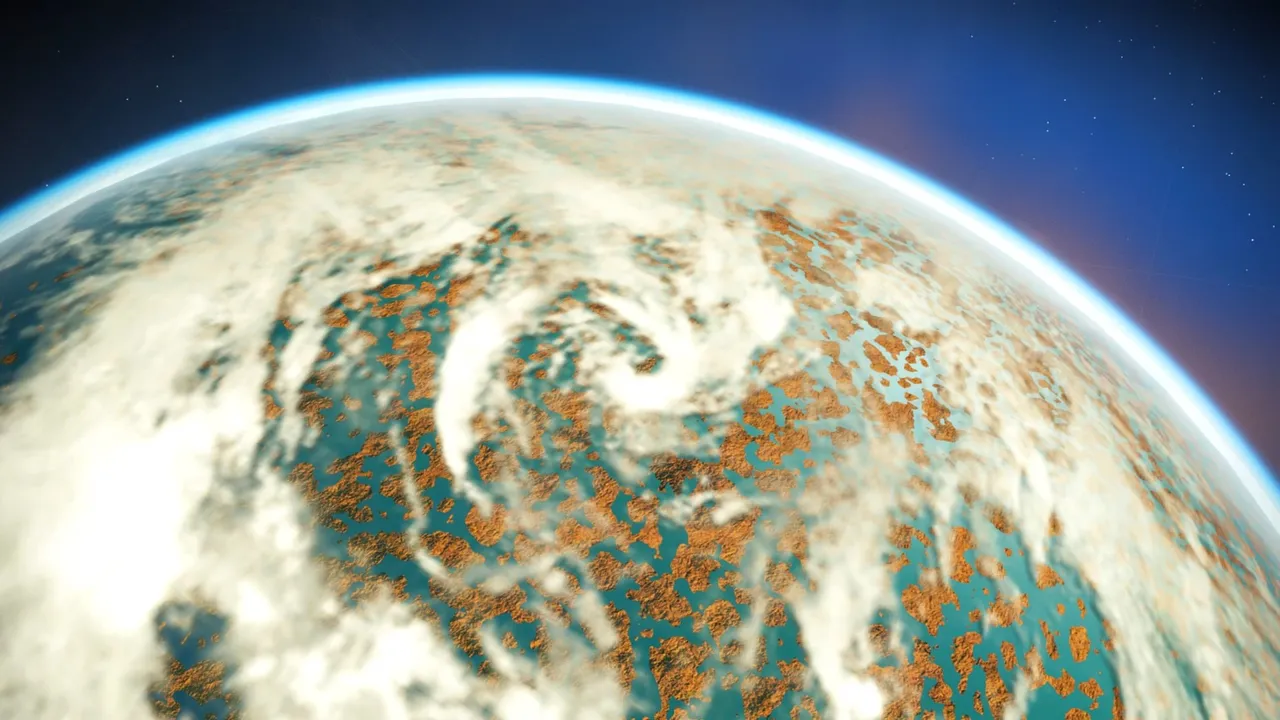
Eventually, your planet will look beautiful. You are now governor, since your planet's inhabitants have created their own society, which you must now manage.
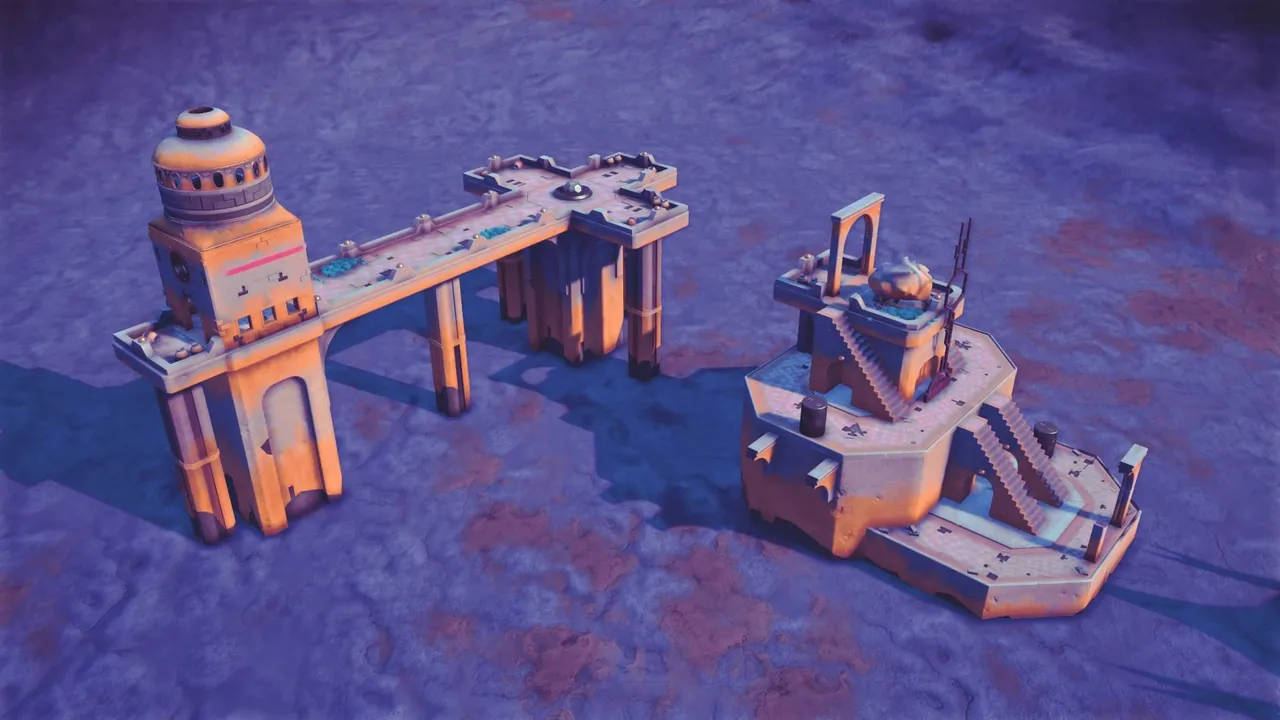
The beginnings of a town proper become...
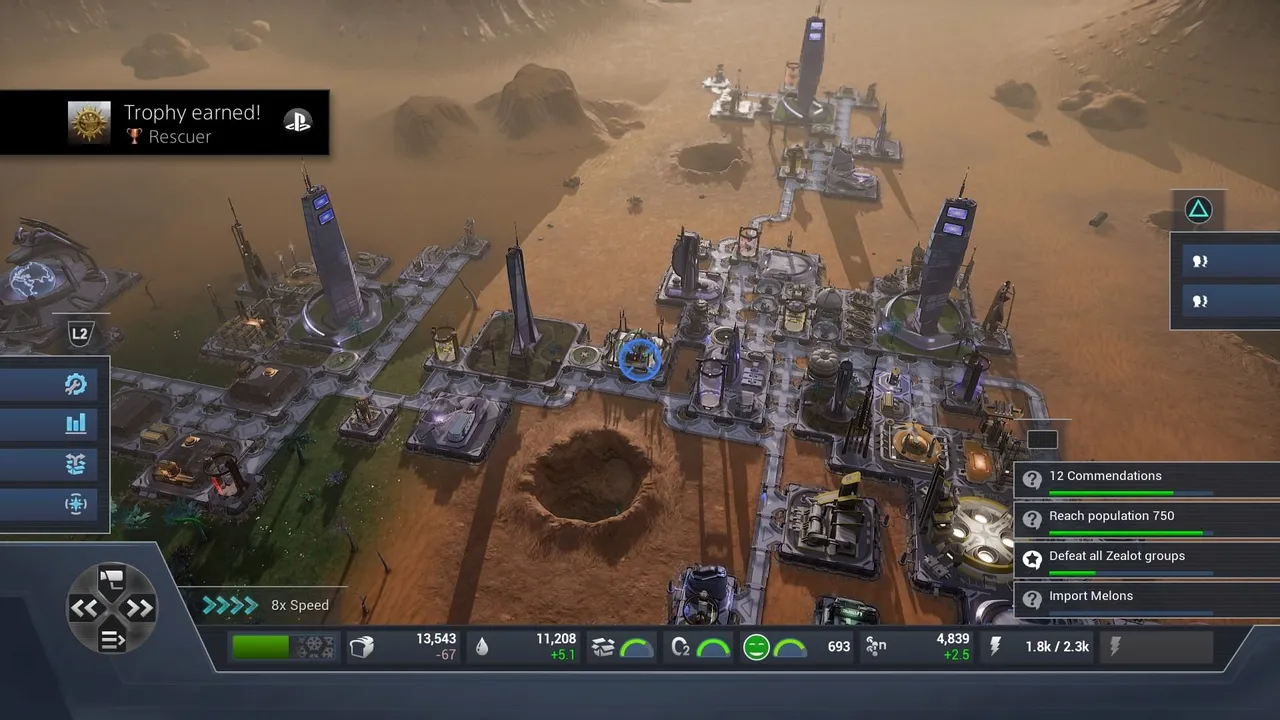
...a sprawling city!
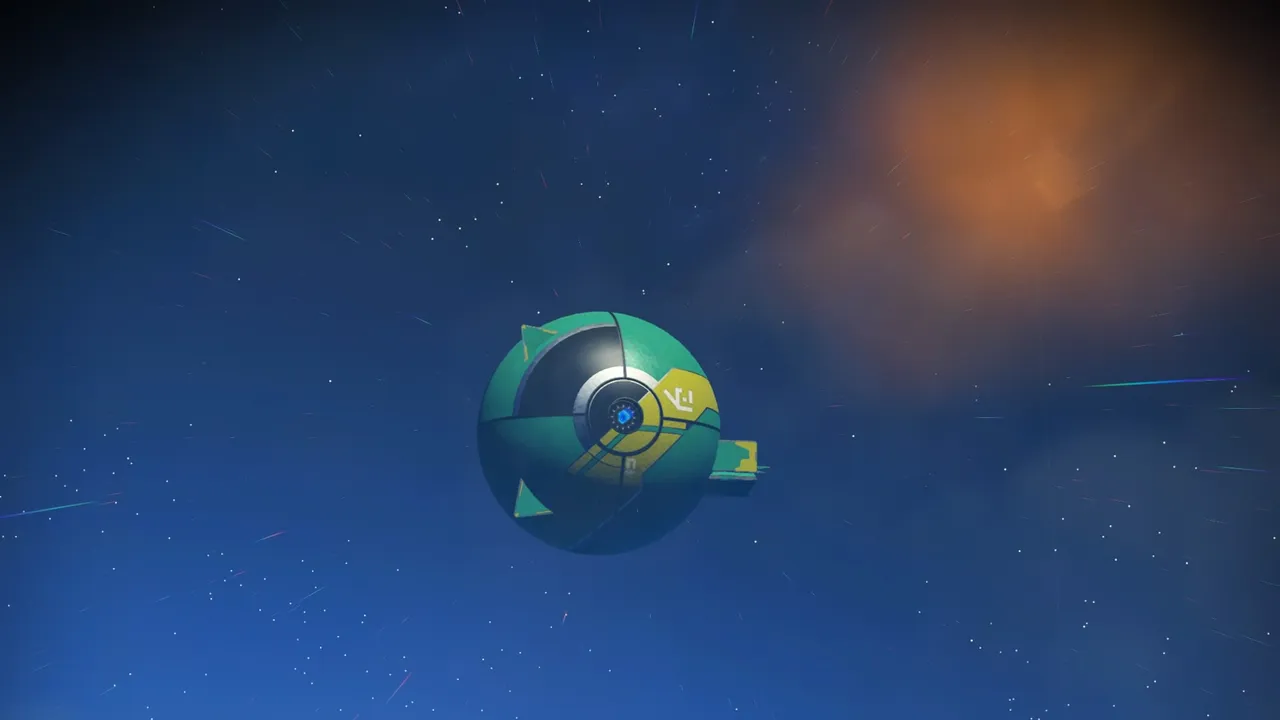
We're in endgame now.
Your fleet now seems small in comparison to the needs of your citizens. To meet their needs you must build a spaceport.
To do it alone would be near impossible, but now you have help. And if you succeed, it will be an engineering marvel!
Now that we have gone through the whole cycle of the game, we come to the last important part that all games need whether they be shooters or RPGs and that is replay value. Most games trick you into thinking they have that but no matter what you choose you still only have 2 possible (and very similar) endings. I would like my ideal game to have several very different endings. The player should always be surprised. No one likes a predictable game. Planets and wildlife will be procedurally generated for the same reason too.
There are some aspects that I don't know how to address. Carrying capacity is always an issue for me in games because I like to collect everything. There needs to be a balance between no limit, which would be too easy, and a soft cap that can be expanded through story progression, secret missions, or possibly upgrading with no constraints.
With that I all covered all bases: crafting, farming, companions, management, an open galaxy. What more could you ask for in a game? I would probably log over 300 hours into this game.
What do you think? Does #MyPerfectVideoGame sound cool? Would you play it?
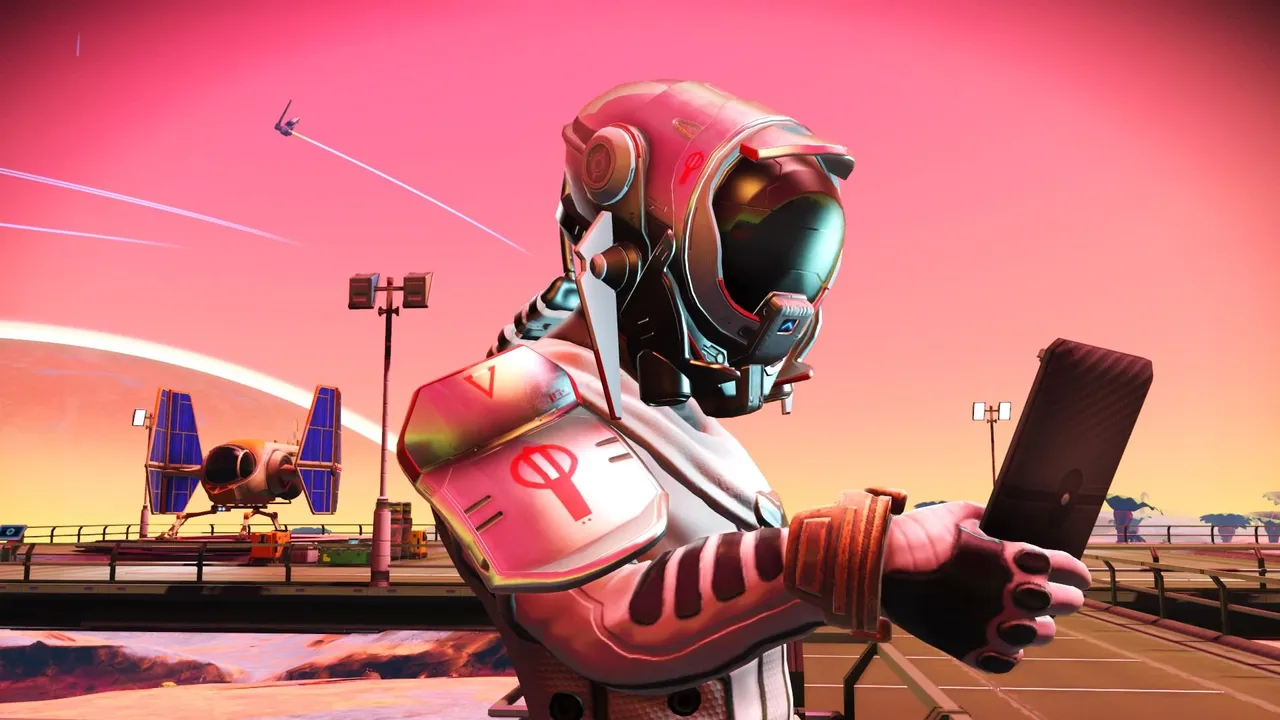
Games I used screenshots from: No Man's Sky, Aven Colony, Caravan Stories, and Surviving Mars.